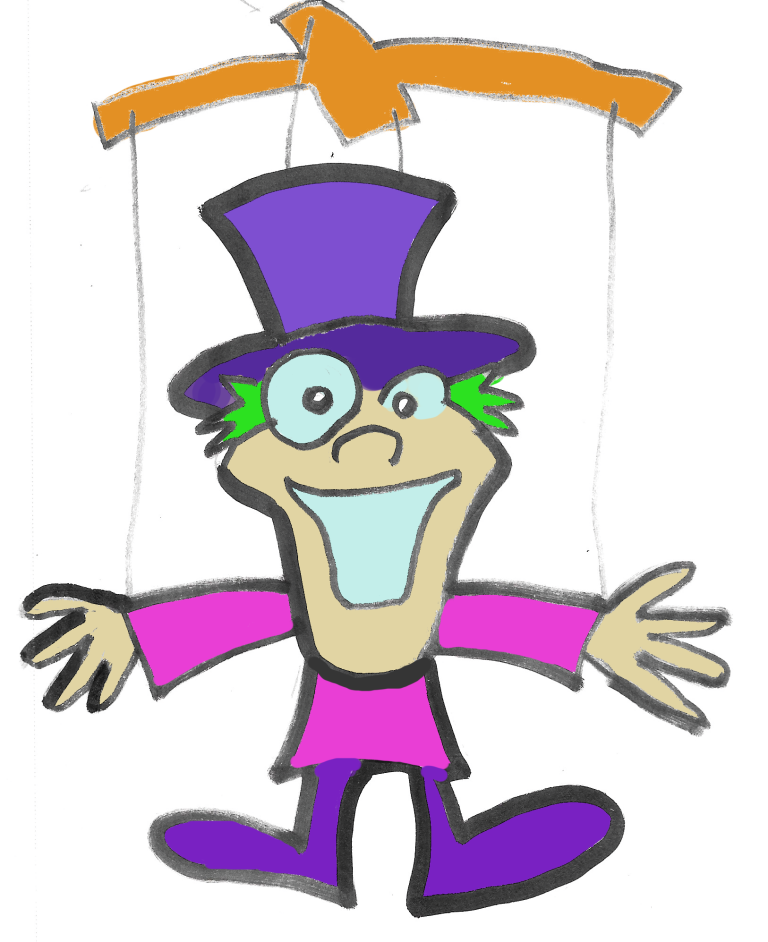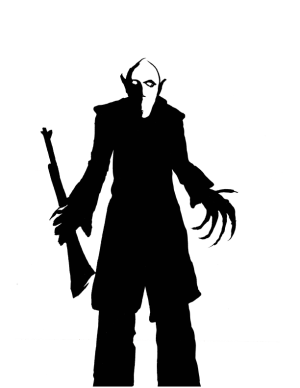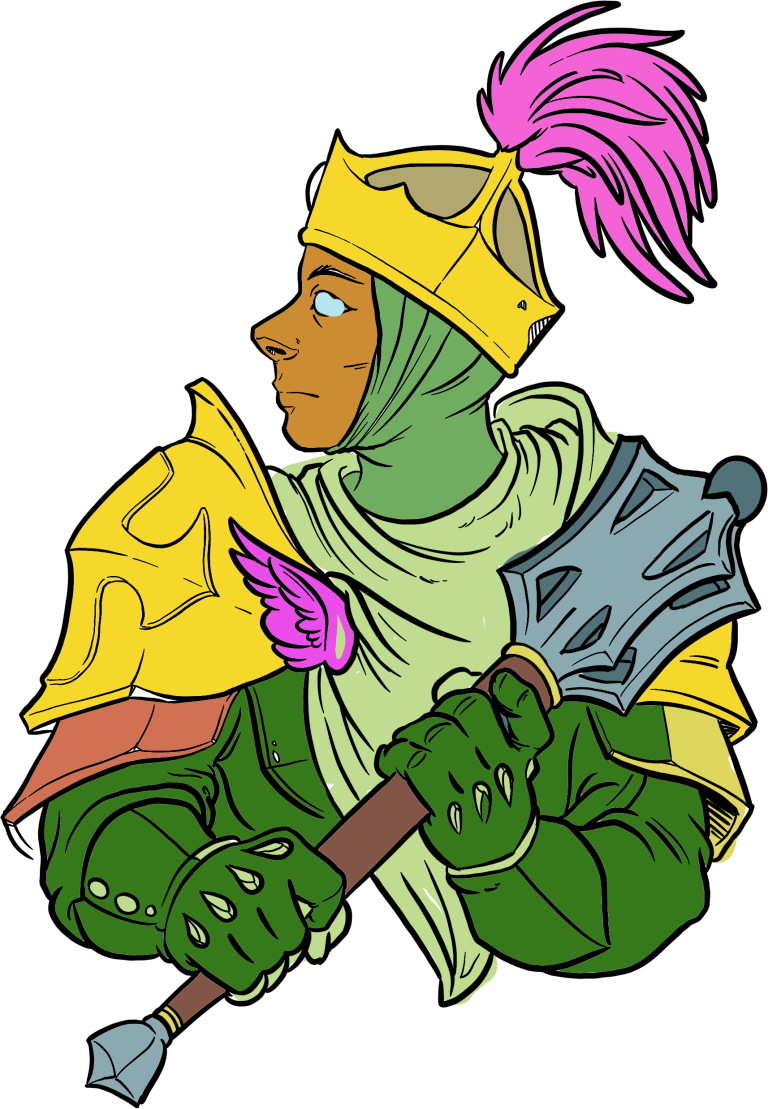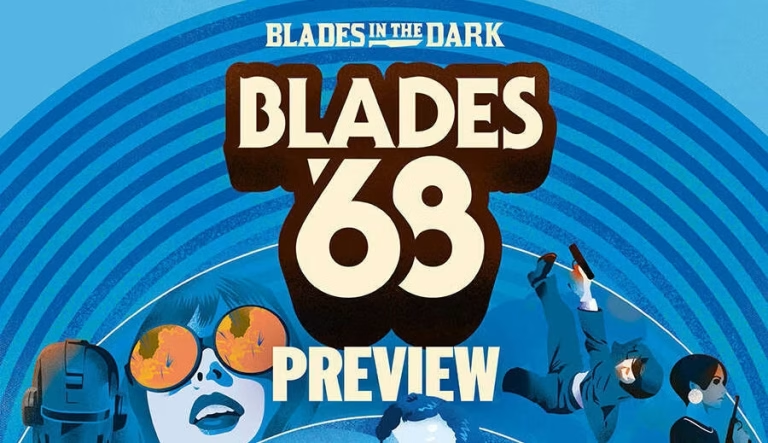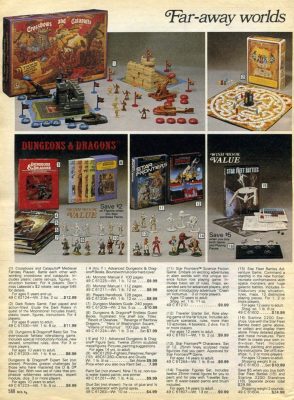By Shadomain Staff
TTRPG Random Thoughts is an occasional feature that collects some ideas and opinions about role playing games – things that don’t warrant an entire article but are still worthy of note. Here’s our thoughts for today:
Changing Your Mind
Whether you’re new to TTRPGs or an experienced player, you’ve probably been in the situation where you wished you’d used different options when you created your character. As a GM, there’s not much you can do, right? Or maybe there is.
I got this tip from Charles Ryan of Monte Cook Games. When a player creates a new character, let them change anything about their character anytime up through the end of the first adventure. Whether that means the first session or the first few sessions is up to what works best for your table. This might seem odd in story, if a character suddenly shifts from being an elf to an orc. But we’re all making up these stories, and it’s all about fun. You can just allow a shift like that and as a group you just pretend that the character has always been an orc. While it’s early in the campaign it won’t be too difficult.

How Big is Your World?
If you’re creating your own world as a TTRPG GM, how big should it be? How much work do you need to do before the first session?
My first suggestion is, do as much as you want – have fun! That is, if you’re someone who loves world building, don’t let anyone’s advice slow your fun. Create as much as you’d like. But if the question is, how much do you need to create? That’s a different question.
I usually create what’s needed for the first adventure arc, with the assumption that things will expand as we go. In the last homebrew campaign I ran, we began with only 3 large cities, about 1 week’s travel apart. There was a small forest, the edges of a mountain range, 2 rivers and the edge of the sea. That was it. They began in one city and soon got a mission to travel to another. The campaign ran about 15 months, and over that period I’d invented another land over the mountains and a series of island lands across the sea. There was an extensive underworld as well. But I didn’t need that to start, those additional places came from the immersive story. For instance the players might ask “is there a castle here?” If I hadn’t already decided, and adding a castle sounded cool, I’d say yes, and create a castle before the next session.
Too Many Plusses?
The basic mechanic in 5e based games is using a d20 roll to determine success. You always want to roll a high number, and skills, situations and other factors might add modifiers to the results of that roll. There’s also the possibility of rolling with advantage (rolling twice, take the best result). Occasionally the situation might mean rolling with disadvantage, but over the rulebooks there are very few situations where a player must subtract a modifier from their roll. With so many opportunities for additions and very few for subtractions, does this mean the game is skewed too heavily in the players’ favor? The game is about heroes being heroic, but even players want their characters to be challenged, so that the story is more epic. Does the plus/minus system do this effectively? Let us know in the comments.
Playing Other TTRPGs?
This is not a rant that D&D players should play other games. Everyone should play whatever they want as long as they’re having fun.
I do think that it’s true that most players who begin playing TTRPGs with D&D are resistant to trying other games, and it seems to create a situation we don’t often see in other games. For instance if the first card game you learned was gin rummy and you love playing it with your friends, but then another friend suggests playing hearts, you’d probably be interested. It’s an assumption, but I’d guess that many who enjoy card games would enjoy trying various games, and might find they enjoy several of them.
Imagine if Sorry was the first board game you played. If a friend suggested you try Monopoly or Ticket to Ride, you would likely try those games, especially if your friend was willing to show you how to play. I’d guess that if friends find you like a certain board game, they would not only suggest others you might like, but perhaps even gift you other board games at holidays.
That brings us to D&D. A lot of people that began playing TTRPGs with D&D aren’t as eager to jump to Star Trek or Adventures of Monster of the Week. I don’t think the reason is because of the subject matter as many of those people might be fans of Star Trek or Supernatural. Many players do try other systems, but it seems that the hesitancy to try something else is much stronger than with other types of games.
Why is that? What is it about D&D that makes people so hesitant? Is it the complexity of the rules? Sure, D&D has a big company behind it and markets heavier than other TTRPGs. But so does Monopoly, and that doesn’t keep players of that game from trying Clue.
Let us know what you think in the comments below!


